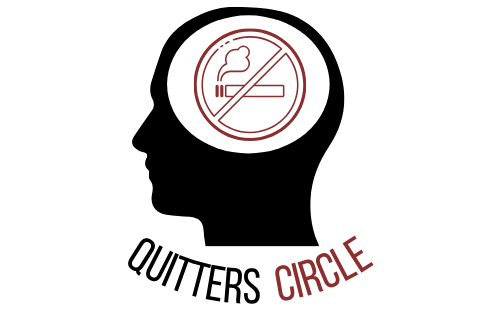Let’s be real: It’s not uncommon for people to put things off or not honor their commitments. Sometimes, it’s because the initial goal was unrealistic to begin with. We feel disappointment over broken promises or an acute sense of failure over not meeting our goals.
Sometimes, we fail because we are afraid to ask for support. This can be especially true when it comes to quitting smoking. Not only is quitting a difficult task mentally and emotionally, but it can be an intense physical ordeal for your body to overcome an addiction to nicotine.
Some Facts About Nicotine
Only 4 to 7% of people who attempt to quit smoking are able to do it cold turkey. Getting support from your healthcare provider, which includes counseling and medication, can double your chances for a successful quit.
Nicotine can cross the blood-brain barrier within 10 seconds after it is inhaled. When nicotine reaches the brain, it triggers dopamine to be released. Smokers feel pleasure and calm, and their withdrawal symptoms lessen.
Unfortunately, after dopamine depletes, these symptoms return, and with it, the urge to smoke. When trying to quit, unpleasant withdrawal symptoms such as irritability, depression, anxiety and difficulty concentrating often leads smokers back to cigarettes.
Quitting Takes More Than Just Willpower

For most smokers, quitting smoking is more than just a matter of willpower. If a smoker who is trying to quit has a slip-up, there is often blame. In reality, there’s nothing to be ashamed of if you go back to a cigarette.
On average, smokers may attempt to quit 6-11 times before they actually succeed. With every attempt, it’s important to remember: a slip-up does not mean failure; instead every smokefree day should be considered a success.
It can be hard to think of the long-term benefits of quitting, especially when the short-term urges are loud and nagging. Just because you may not have succeeded in past attempts to quit doesn’t mean you can’t do it this time around.
Successfully quitting smoking is a physical, mental and behavioral challenge. If you’ve tried quitting in the past and it has not worked, don’t despair—there are many tools and resources to help you quit. Your healthcare provider, family, and friends can all provide support, along with the resources here on Quitter’s Circle.
If you are seeking motivation to help you in your quit, know that you are not alone. Quitting can be hard because smoking is more than just a “bad habit” – it’s an addiction.
Give yourself and your loved ones another chance, and try not to put yourself down if quitting takes a while. Every minute you’re smokefree is a success for your health. Becoming smokefree is a journey that you take day by day, one step at time.
Triggers
One of the first steps in the journey to becoming smoke-free is understanding your triggers. These are the situations, feelings, or routines that make you want to light up. For some, it might be the morning coffee, while for others, it could be stress or social situations.
By identifying these triggers, you can develop strategies to avoid or replace them. For instance, if you always smoke with your morning coffee, consider switching to tea or having your coffee in a different setting.
The Power of Positive Reinforcement
Reward yourself for milestones reached. Whether it’s a day, a week, or a month smoke-free, celebrate these achievements. This could be in the form of a treat, a new book, or even a short trip. Positive reinforcement can motivate you to keep going and remind you of the progress you’ve made.
The Role of Physical Activity
Engaging in physical activity can be a powerful tool in your quit journey. Not only does it distract you from the urge to smoke, but it also helps in reducing stress and improving mood. Even a short walk can curb the nicotine craving and give you a boost of endorphins.

Seeking Professional Help
Consider joining a smoking cessation program. These programs offer structured plans, resources, and support to help you quit. They can provide you with coping strategies, behavioral therapy, and even group support, connecting you with others on the same journey.
Educate Yourself
The more you know about the harmful effects of smoking and the benefits of quitting, the more motivated you’ll be to stay smoke-free. Understanding the damage smoking does to your body and the incredible healing that begins once you quit can be a powerful motivator.
Final Thoughts
Remember, every individual’s journey to quitting smoking is unique. What works for one person might not work for another. The key is to find what works for you, stay committed, and seek support when needed.
And always remind yourself of the reasons you decided to quit in the first place, whether it’s for your health, family, environment or personal growth. Your journey to a smoke-free life is filled with challenges, but the rewards are well worth the effort.

